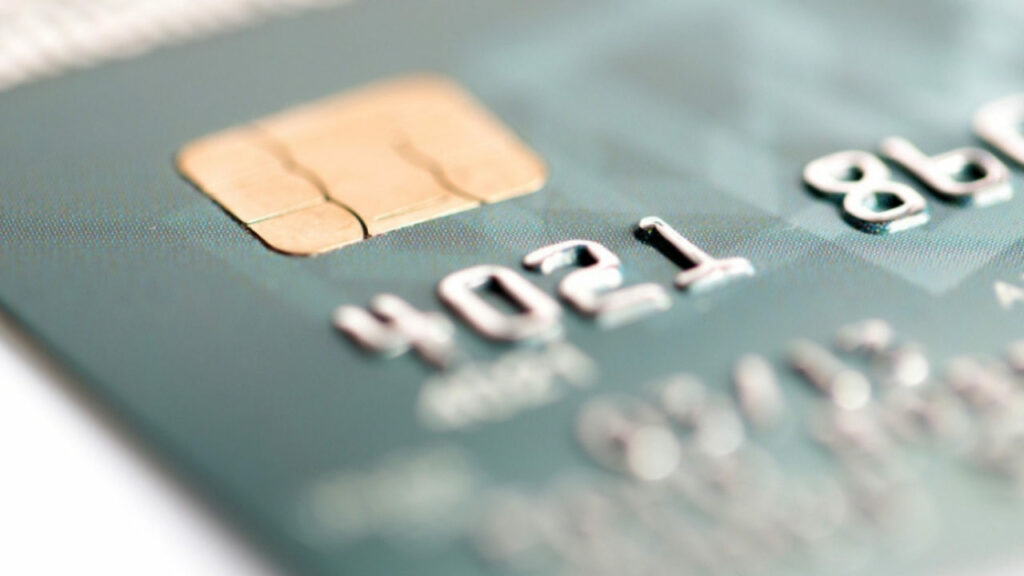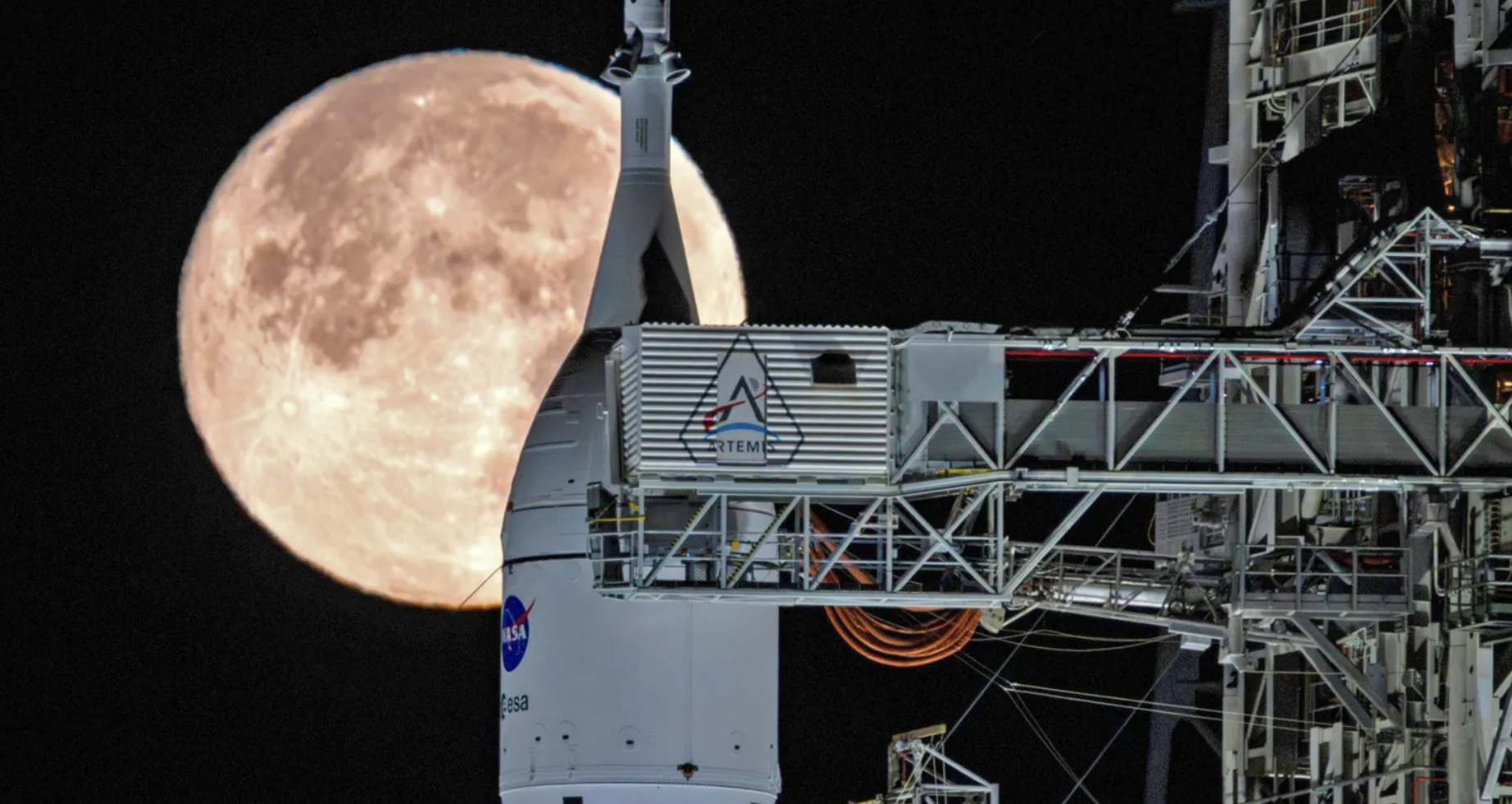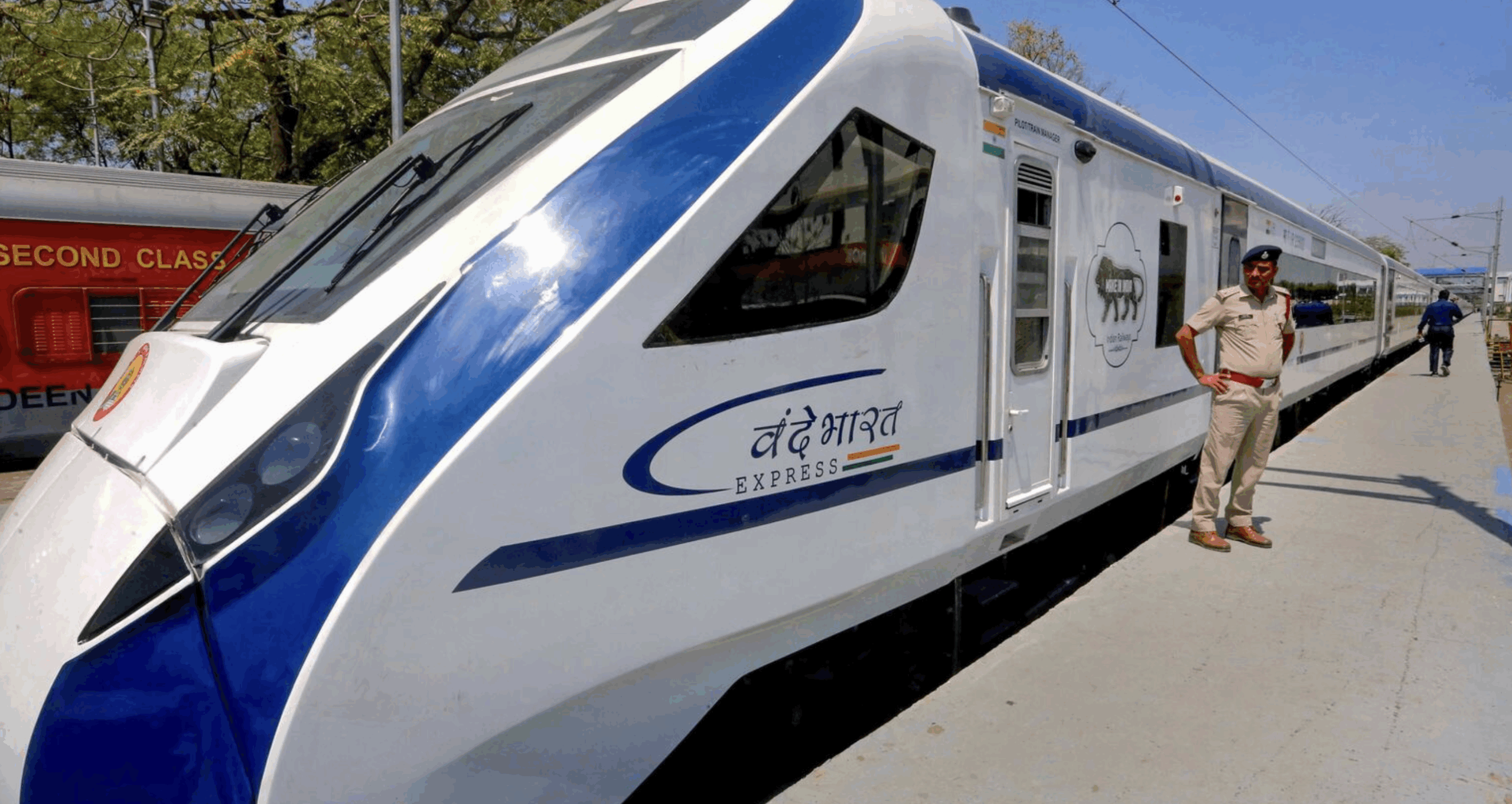Starting July 1, 2023 the tax collected at source (TCS) rate for foreign remittances has been raised from 5 per cent to 20 per cent.
As a result credit card users will have to shell out more to book foreign tour packages.

The Ministry of Finance has recently asked the RBI to bring credit card payments during foreign tours under the Liberalised Remittance Scheme (LRS) to ensure that such expenses do not escape tax collected at source.
Reason for bringing credit card payments for foreign travel under LRS
Finance Minister Nirmala Sitharaman said, “It has been represented that payments for foreign tours through a credit card are not being captured under the Liberalised Remittance Scheme (LRS) and such payments escape tax collection at source (TCS).”
“The RBI is being requested to look into this to bring credit card payments for foreign tours within the ambit of LRS and tax collection at source thereon,” she added.
When credit card payments for forex transactions come under LRS
If RBI brings credit card payments for overseas tour packages under LRS, then all the transactions done through credit cards are likely to attract TCS at 20 per cent.
How does it work? An example
For instance, you want to book a family tour package to Thailand that costs Rs 2 lakh
If you use your credit card to purchase the package, you will have to spend an additional Rs 40,000.
Do note that all other payment methods are already under LRS and this TCS of Rs 40,000 will be applicable there as well.
Other payment methods include transferring money from one bank account to another or payments through debit cards.
Objective
Including credit card payment for foreign tours under the umbrella of LRS will serve two main purposes
One, Uniform taxation on the purchase of foreign tours either from a local travel agent or an overseas travel agent.
Two, Casting a wider tax net by ensuring that overseas remittances are tracked and reported.
Challenges
Bringing credit card transactions under the ambit of LRS will not be an easy task, said experts
Some transactions for the purposes like education and medical expenses remain outside the purview of this higher 20 per cent TCS
The key question is to identify the transactions which would attract the levy of TCS and those transactions which do not, and It will be an arduous task for banks to keep track of each and every transaction
Ankit Jain, Partner, Ved Jain & Associates says, “This is even more complicated since in some cases the same merchant can have different types of transactions, few of which may attract a levy of TCS and some of them won’t.
With so many international merchants being involved, such categorisation would require changes in the credit card system itself,” Jain said.
Neeraj Agarwala, Partner, Nangia Andersen India, leading business consultant firm said that the banks will also have to build a system to capture this data and ensure compliance in a timely manner.
They may have to rely entirely on the declarations of the credit card users, he added.
Credit card payments under LRS: What users must do now
Do remember that TCS is not a tax by itself.
It is adjustable against a taxpayer’s total income tax liability in a financial year.
An upfront TCS of 20 per cent on tour packages will increase the cash outflow.
If the user does not have an adequate tax liability to offset the TCS, he or she will have to file for a refund which could take several months, thus severely impacting his or her cash flow, said Agarwala.
So, while making a budget for your next foreign trip, you must factor in this condition, experts advised.
If you often use a credit card to book foreign tours
Credit card users should keep all the necessary documentation, such as invoices, receipts, and bank statements, to prove that their foreign tour payments were made under LRS and comply with all the regulatory requirements.
The users should ensure that they have received the certificate of tax collected at source from the bank so that taxes can be claimed against their tax liability.
In case of an audit of tax returns, credit card users should be able to justify the sources of income which have been utilised for payment of foreign tours through the card.
The information on the TCS deposited will be available in one’s Form 26AS.
The credit card user must ensure that the amount in Form 26AS reconciles with the credit card statement.
The credit card user should also verify the PAN that is updated in the bank’s record so that they don’t lose out on credit for the same.
Card users need to be mindful of their credit card limit as they will need to keep a buffer of 20 per cent for TCS. Otherwise, credit card users might have to pay extra for overspending on their credit cards.
Forex cards to also attract TCS
Do note that from October 1, 2020, international transactions through debit cards (including dynamic currency conversion transactions) and load/reload transactions on foreign travel cards by banks have been brought under the purview of LRS.
So, if you use your forex card for booking foreign tours, it will also attract a TCS of 20 per cent.












